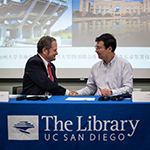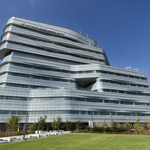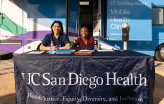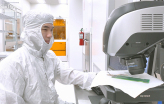Older First-Time Mothers Are Also More Likely to Live Longer
Health & BehaviorThe average age of a woman giving birth for the first time has risen dramatically in the United States over the past 40 years, driven by factors like education or career. A new study by researchers at University of California San Diego School of Medicine found that women choosing to become first-time mothers later in life may increase their chances of living into their 90s.


















